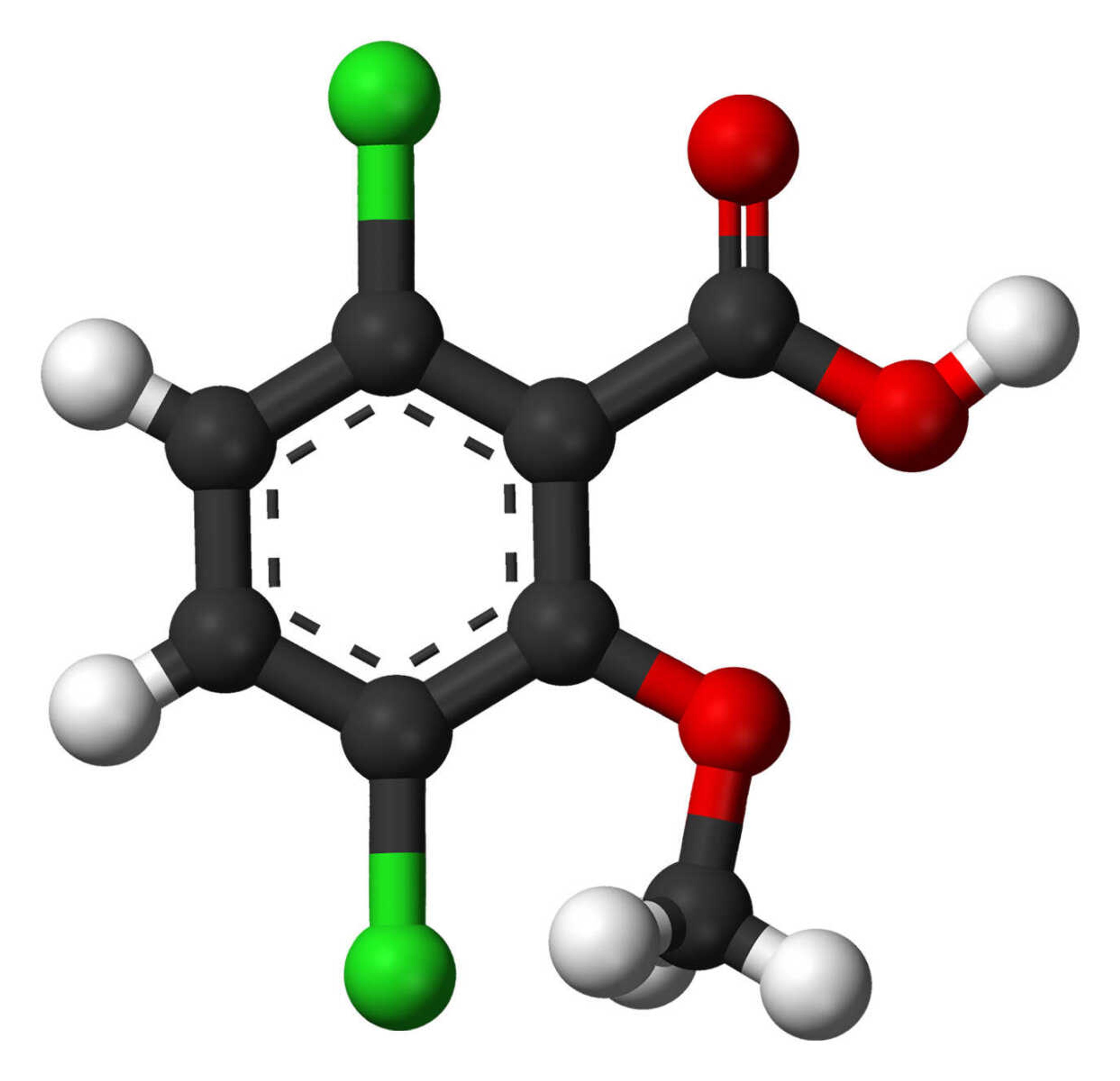Dicamba lawsuits will play out in Cape courtroom
A federal case with national and international implications for three of the world's largest chemical companies will be held in Cape Girardeau before Judge Stephen Limbaugh Jr. Dozens of lawyers filled a courtroom at the courthouse Wednesday afternoon as Limbaugh heard preferences from several of the attorneys about procedural and scheduling matters...
A federal case with national and international implications for three of the world's largest chemical companies will be held in Cape Girardeau before Judge Stephen Limbaugh Jr.
Dozens of lawyers filled a courtroom at the courthouse Wednesday afternoon as Limbaugh heard preferences from several of the attorneys about procedural and scheduling matters.
All together, 14 cases have been filed concerning dicamba or other related products plaintiffs say destroyed their crops. Several antitrust cases are included in the mix. The defendants include corporate giants Monsanto, BASF and Dupont. The cases are being grouped into what's called a "Multidistrict Litigation," or MDL, which is a federal court procedure designed to expedite the handling of complex cases involving different districts and jurisdictions.
As indicated on Wednesday, this particular MDL will include many complexities, in part because the suits are against different companies and entail different products, which will require complicated discovery procedures. The case also involves plaintiffs from different states, which have varying laws governing the products.
The MDL includes 14 "class and individual actions filed by farmers whose crops were allegedly damaged by dicamba herbicide when it moved off the original spraying site," according to a summary written by the court. "Plaintiffs claim that Monsanto prematurely released dicamba-resistant seeds before releasing its corresponding dicamba herbicide. Defendants then allegedly encouraged farmers to use older and more volatile versions of dicamba herbicide, which damaged non-dicamba-resistant crops near the spray site. Plaintiffs also claim defendants knew the new formulations of dicamba herbicide are not appreciably less volatile than older formulations.
"Plaintiffs further claim," the court's summary continues, "the defendants conspired in this wrongful conduct. Before the new formulations of dicamba herbicide came to market, Monsanto was able to sell its dicamba-resistant seeds, and BASF was able to boost sales of its older dicamba herbicides. After the new formulations of dicamba herbicide came to market, their increased use would lead to increased sales of both dicamba-resistant seeds and the new formulations of dicamba herbicide."
In his opening remarks to the plaintiffs and defendants, Limbaugh said Cape Girardeau was selected as the location for the case because Southeast Missouri is in the "epicenter" of the dicamba controversy, and because Limbaugh had experience with the issues in a previous case.
Some of the lawyers in the room traveled from Illinois, Arkansas, Indiana and Kansas.
In 2017, there were thousands of complaints across the nation, according to previous Southeast Missourian reporting on an individual lawsuit.
The federal Environmental Protection Agency reported more than 3.6 million acres of soybeans planted in the United States were damaged by dicamba in 2017, a lawsuit filed in Mississippi County Court alleges. Hundreds of complaints had been filed in Missouri. The majority came from Southeast Missouri.
bmiller@semissourian.com
(573) 388-3625
Connect with the Southeast Missourian Newsroom:
For corrections to this story or other insights for the editor, click here. To submit a letter to the editor, click here. To learn about the Southeast Missourian’s AI Policy, click here.









